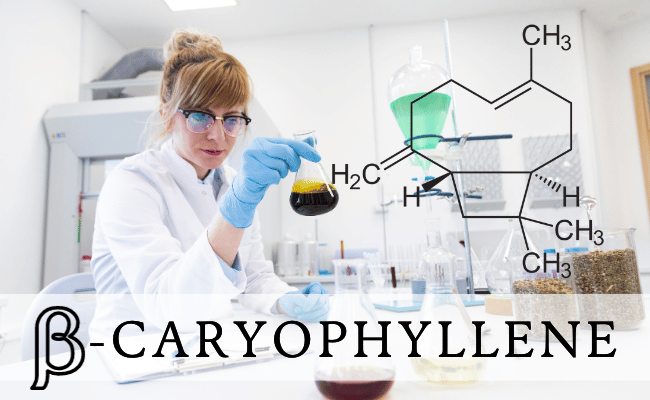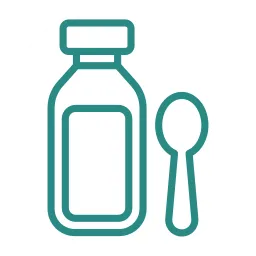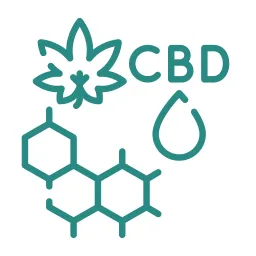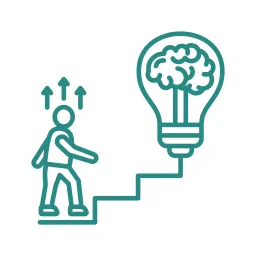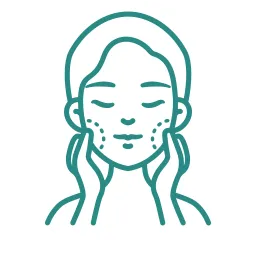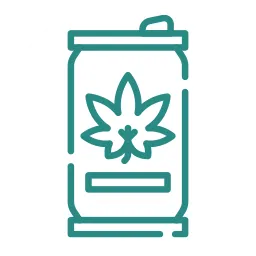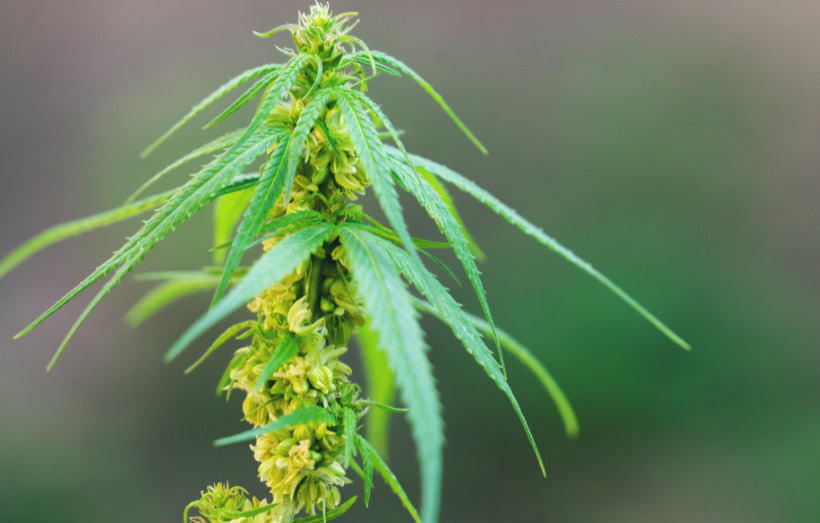Mood disorders, also known as affective disorders, are a set of mental illnesses that affect your feelings and emotions.1 These disorders can lead to your mood being out of sync with your situation or distorted, hindering your daily functioning.
Types of Mood Disorders
Mood disorders are primarily divided into two categories: those that fall under bipolar disorders and those classified as depressive disorders2.
Bipolar Disorders
Bipolar disorders are marked by periods of mania, which is a state of heightened energy and euphoria, and depression. They consist of:
- Bipolar I disorder: This disorder is characterized by at least one manic episode. People with this condition may also have depressive episodes.3
- Bipolar II disorder: This is a less severe form of Bipolar I disorder and is marked by at least one depressive episode and one hypomanic episode, a less intense form of mania.
- Cyclothymic disorder: This condition involves mood shifts that are not as severe but occur more frequently than in other types of bipolar disorders.
Depressive Disorders
Depressive disorders are marked by ongoing feelings of sorrow, emptiness, or hopelessness. They encompass:
- Disruptive mood dysregulation disorder: This disorder, commonly observed in children, is marked by episodes of severe anger and tantrums.
- Persistent depressive disorder (dysthymia): This is a chronic form of depression characterized by constant feelings of emptiness and hopelessness.

Causes Of Mood Disorders
The exact cause of mood disorders is not known, but several factors are believed to contribute:
- Alterations in the Brain: Variations in brain structure could lead to mood disorders.
- Chemical Imbalance: An imbalance in brain chemicals might be a cause.
- Genetic Influence: Genetics could have a role in the onset of mood disorders.
- Health Conditions: Certain health issues might contribute to the development of mood disorders.
- Psychoactive Substance Use: Specific psychoactive substances could result in mood disorders.
- Life Events and Trauma: Challenging events and trauma might also contribute to mood disorders.
How To Prevent Mood Disorders
To prevent mood disorders, a mix of lifestyle modifications, psychological methods, and medical interventions may be necessary. Here are some straightforward tips:
- Self-care: Prioritize your well-being. Ensure you get sufficient sleep, maintain a balanced diet, and engage in regular physical activity.4
- Social connections: Stay connected with your loved ones and seek their support during challenging times.
- Routine health checks: Regularly visit your healthcare provider for check-ups and consult them if you notice any changes in your mood or overall health.
- Stress management: Master techniques for managing stress and relaxation exercises to handle life’s challenges better.
- Nurturing relationships: Building and maintaining healthy relationships can serve as a protective factor against depression.
- Positive mindset: Certain thought patterns and beliefs can lead to depression. Changing these patterns—a goal of Cognitive Behavioral Therapy (CBT)—can help prevent depression.
- Goal setting: Establishing meaningful life goals can be a natural mood booster. Taking practical steps towards achieving these goals can help prevent and even reverse depression.
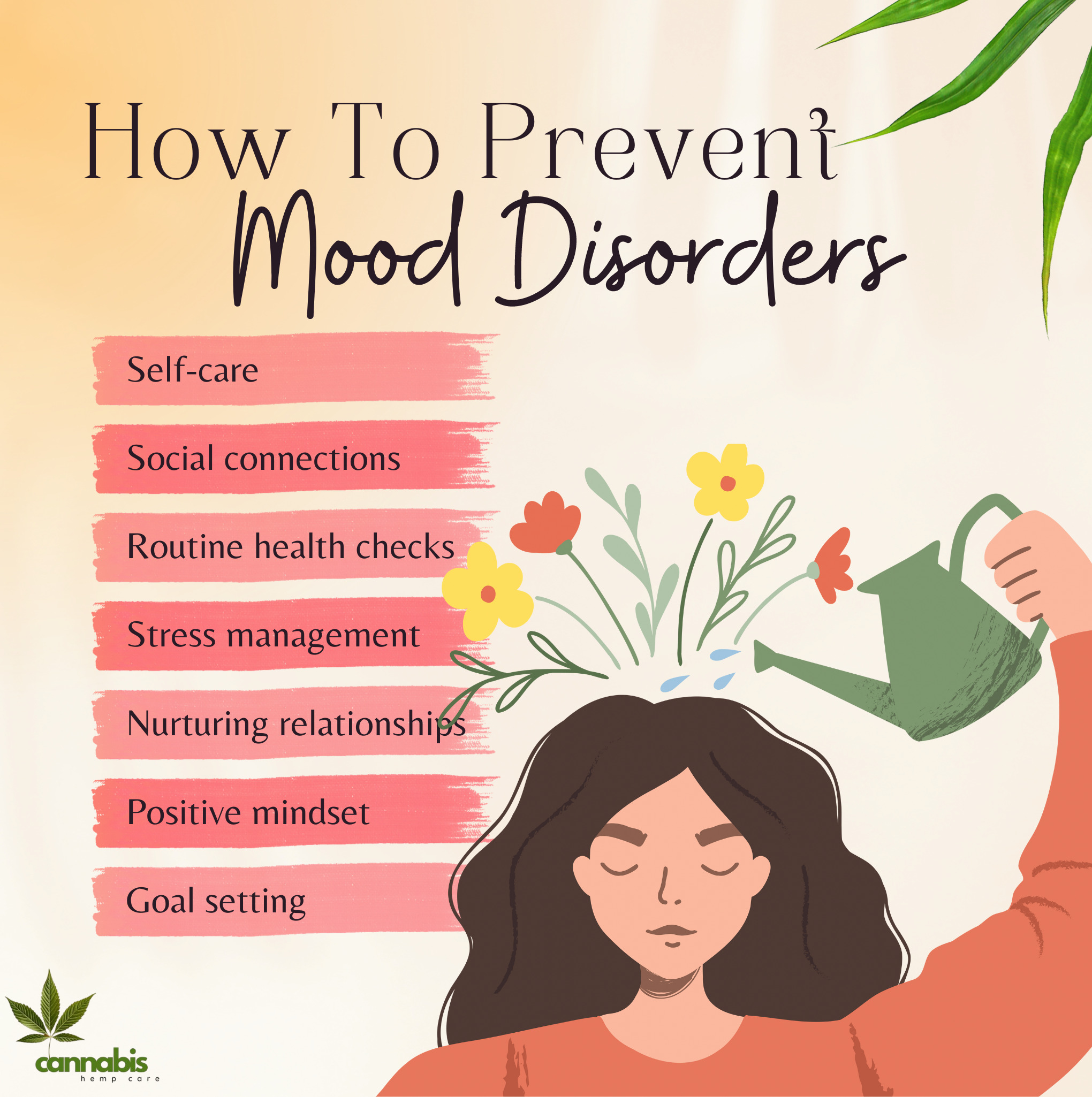
How To Help Someone With A Mood Disorder
Helping someone with a mood disorder can be tough, but there are several strategies you can employ:
- Encourage Them to Get Help: If you observe any signs of a mood disorder, urge your loved one to consult their doctor. Mood disorders typically don’t disappear on their own.5
- Identify Triggers: Assist your loved one in identifying what triggers their mood swings. This could include insufficient sleep, seasonal changes, or excessive consumption of caffeine or alcohol.
- Promote Exercise: Research has shown that physical activity effectively treats individuals with mood disorders such as depression and bipolar disorder.
- Don’t Blame Yourself: Remember, it’s the disorder causing the mood swings, not you.
- Self-Care is Important: As you continue supporting them, don’t forget to look after your mental health to ensure you have the energy to help them.
- Seek Social Support: Managing a mood disorder within your family can feel isolating and lonely. Ensure you find sources of social support in your community.
- Educate Yourself: Gain as much knowledge as possible about your loved one’s condition and the available treatment options.
- Prepare for a Crisis: Discuss with your loved one what should be done in a crisis and document the plan.
- Maintain Hope: Always remember that mood disorders are treatable conditions.
Risk Factors
Several factors could heighten the risk of developing mood disorders:
- Brain Changes: Alterations in the brain structure might result in mood disorders.
- Chemical Imbalance: An imbalance in neurotransmitters, the brain’s chemicals, could contribute.
- Genetic Factors: Genetics might have a significant role in the onset of mood disorders.
- Health Condition: Certain health conditions might lead to the development of mood disorders.
- Psychoactive Substance Usage: The consumption of specific psychoactive substances could cause mood disorders.
- Life Events and Trauma: Major life changes such as losing a loved one, enduring chronic stress, experiencing traumatic events, or suffering from childhood abuse are significant risk factors for developing a mood disorder later in life, particularly depression.
Reducing Your Risk Of Mood Disorders
- Healthy Lifestyle: Uphold a healthy lifestyle that includes good sleep, a nutritious diet, and consistent physical exercise.
- Avoidance: Stay away from drugs and alcohol.6
- Pursue Pleasurable Activities: Engage in activities that you find enjoyable.
- Socialize: Participate in social events and activities.
- Support System: Seek assistance after undergoing challenging life events such as a separation or the passing of a loved one.
- Mood and Behavior Monitoring: Regularly monitor your moods to help identify elements that may contribute to your mood disorder.
- Coping Strategies: Acquire strategies to manage stress and other challenges.
Symptoms
Symptoms of mood disorders can differ based on the individual’s age and the specific type of disorder. Common symptoms often include persistent feelings of sadness, anxiety, or emptiness, a sense of hopelessness or helplessness, low self-esteem, feelings of inadequacy or worthlessness, excessive guilt, repeated thoughts of death or suicide,7 and a loss of interest in previously enjoyed activities.
Common Symptoms Of Mood Disorders
Common symptoms of mood disorders include:
- Persistent feelings of sadness, anxiety, or emptiness
- A sense of hopelessness or helplessness
- Low self-esteem
- Feelings of inadequacy or worthlessness
- Excessive guilt
- Recurring thoughts of death or suicide
- Fluctuations in appetite or weight
- Changes in sleep patterns
- Difficulty focusing
- Irritability, aggression, or hostility

Treatment
Most individuals can effectively manage mood disorders with medication and psychotherapy. If you suspect you have a mood disorder, consult a doctor or mental health professional promptly.
Don’t ignore your feelings if they affect your work, relationships, or other aspects of your life. Mood disorders don’t typically resolve independently and may worsen over time. It’s important to seek professional help before the disorder becomes severe, as early treatment can be more effective.
Common Treatments For Mood Disorders
Mood disorders can often be effectively managed with a mix of various approaches.
- Medication: Mood stabilizers are commonly used to control mood swings associated with bipolar disorder and other similar conditions by reducing abnormal brain activity. Antidepressants are also frequently prescribed.
- Psychotherapy: This is a process where you discuss your condition and related issues with a mental health professional. It can help you learn to manage your disorder, cope with challenges, regulate your mood, alter your thought patterns, and enhance your relationships.
- Family Therapy: This involves the participation of family members and can be especially beneficial for children and teenagers dealing with mood disorders.
- Holistic Lifestyle Approaches: These programs emphasize the maintenance of a healthy lifestyle, which includes a balanced diet, regular physical exercise, sufficient sleep, and the avoidance of alcohol, caffeine, and illegal substances.
Other Treatments
- Herbal Remedies: Some individuals find relief from mood disorders through herbal treatments.
- Physical Activity: Regular exercise can enhance your mood and be a natural mood booster.
- Meditation and Mindfulness: These techniques can assist you in staying present and can be advantageous in managing mood disorders.
- Yoga: This ancient discipline integrates physical poses, breathing exercises, and meditation that can aid in stress reduction and mood enhancement.
- Massage Therapy: Some individuals find massage therapy beneficial in decreasing anxiety and enhancing mood.
- Balanced Diet: A well-rounded diet can also contribute to managing mood disorders.
- Adaptogens: These are natural plants, such as Siberian ginseng, believed to assist the body in adapting to stress.
Potential Complications Of Mood Disorders
- Weight Gain and Obesity: Depression can trigger emotional eating and hormonal changes in appetite, leading to weight gain.
- Chronic Illness: Managing and treating long-term diseases such as cancer, multiple sclerosis, heart disease, and diabetes can be more challenging due to depression.
- Chronic Pain: There is a significant correlation between physical pain and depression. Depression can heighten sensitivity to pain, and chronic pain can exacerbate depression.
- Self-Harm: Some individuals may resort to self-harm as a coping mechanism for intense emotions.
- Substance Misuse: Approximately one-third of individuals with major depressive disorder struggle with alcohol or drug issues.
- Cognitive Changes: Major depressive disorder can alter brain function, leading to difficulties with focus or memory.
- Disability: Mood disorders can result in disabilities that range from mild to severe, affecting social interaction and participation in daily activities.
- Impaired Food Intake: Mood disorders can cause alterations in eating patterns.
- Severe Anxiety: Mood disorders can lead to intense anxiety.8

Final Words
Mood disorders, a critical component of mental health, impact many people. These intricate conditions can profoundly affect a person’s emotional well-being and ability to function daily. Gaining knowledge about these disorders is vital for timely identification and efficient management. It’s important to remember that assistance is accessible, and with appropriate treatment and support, those with mood disorders can lead satisfying lives. If you or someone you know is struggling with a mood disorder, contacting a healthcare professional for assistance should not be delayed.
FAQs
Sources
- Mayo Clinic. “Mood Disorders – Symptoms and Causes.” Mayo Clinic, 2018, www.mayoclinic.org/diseases-conditions/mood-disorders/symptoms-causes/syc-20365057. Accessed 27 Oct. 2023. ↩︎
- “Mood Disorders: Definition, Types, and Symptoms.” Psych Central, 23 Sept. 2021, psychcentral.com/health/all-about-mood-disorders#mood-disorder-definition. Accessed 27 Oct. 2023. ↩︎
- Cleveland Clinic. “Mood Disorders.” Cleveland Clinic, 16 July 2018, my.clevelandclinic.org/health/diseases/17843-mood-disorders. Accessed 27 Oct. 2023. ↩︎
- Sacks, Evelyn. “Can You Prevent Depression?” WebMD, WebMD, 9 June 2008, www.webmd.com/depression/understanding-depression-prevention. Accessed 27 Oct. 2023. ↩︎
- “How to Help Someone with a Mood Disorder – Mental Health Hotline.” Mentalhealthhotline.org, 30 Aug. 2023, mentalhealthhotline.org/help-someone-mood-disorder/. Accessed 27 Oct. 2023. ↩︎
- “Mood Disorders.” Healthgrades, 4 June 2014, www.healthgrades.com/right-care/mental-health-and-behavior/mood-disorders. Accessed 27 Oct. 2023. ↩︎
- Johns Hopkins Medicine. “Mood Disorders.” Johns Hopkins Medicine Health Library, 2019, www.hopkinsmedicine.org/health/conditions-and-diseases/mood-disorders. Accessed 27 Oct. 2023. ↩︎
- “Bipolar Disorders – Psychiatric Disorders.” MSD Manual Professional Edition, www.msdmanuals.com/professional/psychiatric-disorders/mood-disorders/bipolar-disorders. Accessed 27 Oct. 2023. ↩︎

